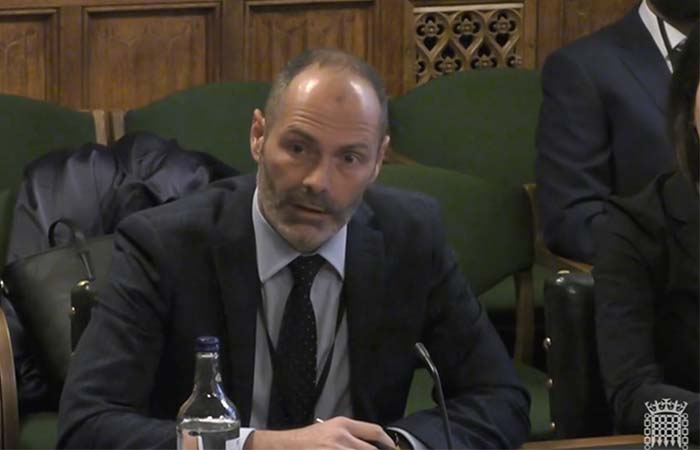High turnover of pharmacies will disrupt patient care, superintendent warns MPs
In Business
Follow this topic
Bookmark
Record learning outcomes

The superintendent of a North of England pharmacy chain that is selling all of its branches because of financial pressures has told politicians that the current high levels of sales activity in the pharmacy premises market could create significant disruption for patients.
Speaking at the health select committee’s pharmacy inquiry hearing on Tuesday November 21, Whitworth Chemists superintendent Jay Badenhorst – who is also a National Pharmacy Association board member – shared the experiences of the family-owned company, which recently announced it is selling all of its 34 branches after 57 years in business.
“Unfortunately, this year it’s got so tough that our whole pharmacy group is on the market,” said Mr Badenhorst, adding: “For a lot of independent businesses there is no way out other then to sell.
“But if all of a sudden everyone starts selling because of the pressures, what it brings to the market is a lot of instability, and ultimately the patients don’t know where to turn to.
“If the network isn’t sustained and appropriately funded, it won’t be there anymore and we’re not going to get it back.”
Pharmacy sales activity has been high this year, with Christie & Co reporting that sales agreed in the first half of 2023 were 45 per cent higher than in the same period last year. This has been driven to a significant degree by branch sales by multiples like Rowlands Pharmacy, Boots and LloydsPharmacy, the last of which announced today that it has completely exited the high street pharmacy market.
Company Chemists’ Association chief executive Malcolm Harrison told the inquiry that “we’ve got to a point now where NHS work doesn’t pay,” threatening the future of a sector that relies to a huge extent on dispensing and nationally commissioned services. He described the contractual framework in England as “broken”.
Meanwhile, Leyla Hannbeck, chief executive of the Association of Independent Multiple Pharmacies, said business owners are having to “raid their pensions and personal funds” to cover rising expenses like medicines costs, rent and wage bills.
Ms Hannbeck told the select committee that the Government must address funding issues in order to allow pharmacies to play a more “ambitious” role, adding that medicine reimbursement mechanisms are “much too complicated” and leave independent pharmacies “out of pocket”.
She also stressed the need for a change in culture “at the top line of NHS hierarchy,” explaining that NHS officials fail to give the pharmacy sector due consideration in their decision making – as exemplified by the introduction of the Additional Roles Reimbursement Scheme without consulting pharmacy representatives about the impact on the sector’s own pharmacist workforce.
